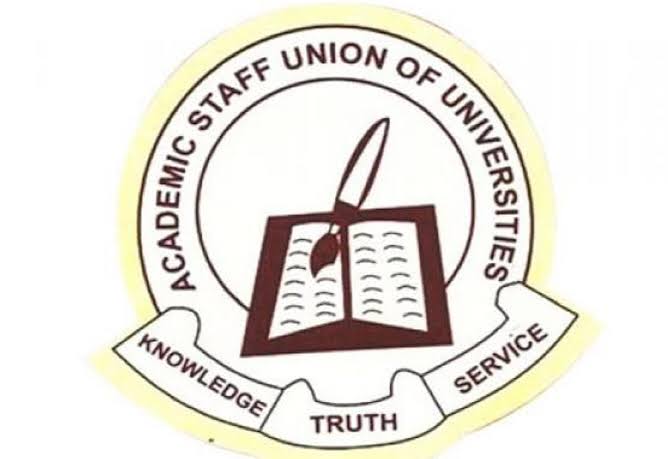ASUU, Nigerian Government Clash Over Salary Platforms and University Governance

The Academic Staff Union of Universities (ASUU) and the Nigerian government are on the brink of a renewed conflict concerning the implementation of a new salary payment platform and the reconstitution of university governing councils.
This standoff arises from the government’s delay in moving federal tertiary institutions off the Integrated Personnel Payment System (IPPIS) and onto an alternative platform.
In a policy shift announced last year, the federal government declared that universities, polytechnics, and colleges of education would be exempt from IPPIS, opting instead for a new payment system. The Minister of Education, Professor Tahir Mamman, highlighted the move during a Federal Executive Council (FEC) meeting, stating that the directive aimed to prevent vice-chancellors from frequently traveling to Abuja to manage salary payments.
Despite this directive, DAILY POST findings reveal that five months into President Bola Tinubu’s administration, the policy remains unimplemented. Recent reports indicate that the government is now considering the Government Integrated Financial Management System (GIFMIS) for salary disbursement, sidelining ASUU’s proposed University Transparency and Accountability Solution (UTAS).
A lecturer at the University of Abuja confirmed to DAILY POST that salary payments continue via IPPIS, albeit with a slight modification. “Last month’s salary was paid through IPPIS, but it was labeled as ‘new IPPIS’. It appears to be the same platform with a different name,” the lecturer noted.
Similarly, Nobert Oyibo Eze, the ASUU chairperson at the University of Nigeria, Nsukka (UNN), corroborated that no changes have been made regarding the salary payment platform. “No, it hasn’t,” Eze responded when asked if the IPPIS exemption had been implemented.
ASUU’s dissatisfaction with IPPIS stems from concerns over university autonomy and financial irregularities. The union has repeatedly accused the government of undermining university governance by encroaching on the responsibilities of governing councils and vice-chancellors. Furthermore, ASUU members have reported discrepancies in salary payments, with some lecturers alleging they were shortchanged.
In a related development, the University of Jos branch of ASUU staged a peaceful protest, demanding the immediate removal of their members from IPPIS. The protest, held on Tuesday in Jos, also called for the implementation of nine specific demands presented to the federal government.
During the protest, Dr. Jurbe Molwus, chairperson of ASUU-UNIJOS, emphasized the union’s frustrations with the government’s unfulfilled agreements. “We demand the immediate removal of ASUU from IPPIS as directed by the Federal Executive Council since October 2023,” Molwus stated. The union also called for the release of the Revitalisation Fund and the payment of salaries for members excluded from the IPPIS payroll.
ASUU’s demands include reinstating governing councils that were removed by the current administration, particularly those whose tenures had not expired. “We call for the reinstatement of the Governing Councils of public universities that were illegally removed by the Bola Tinubu-led government,” Molwus added.








